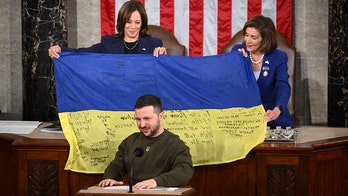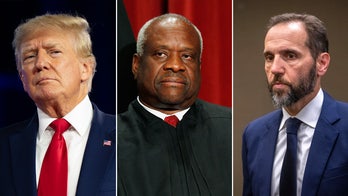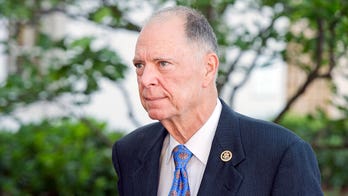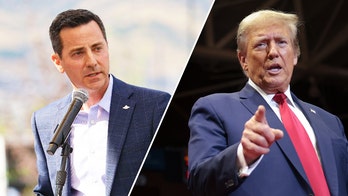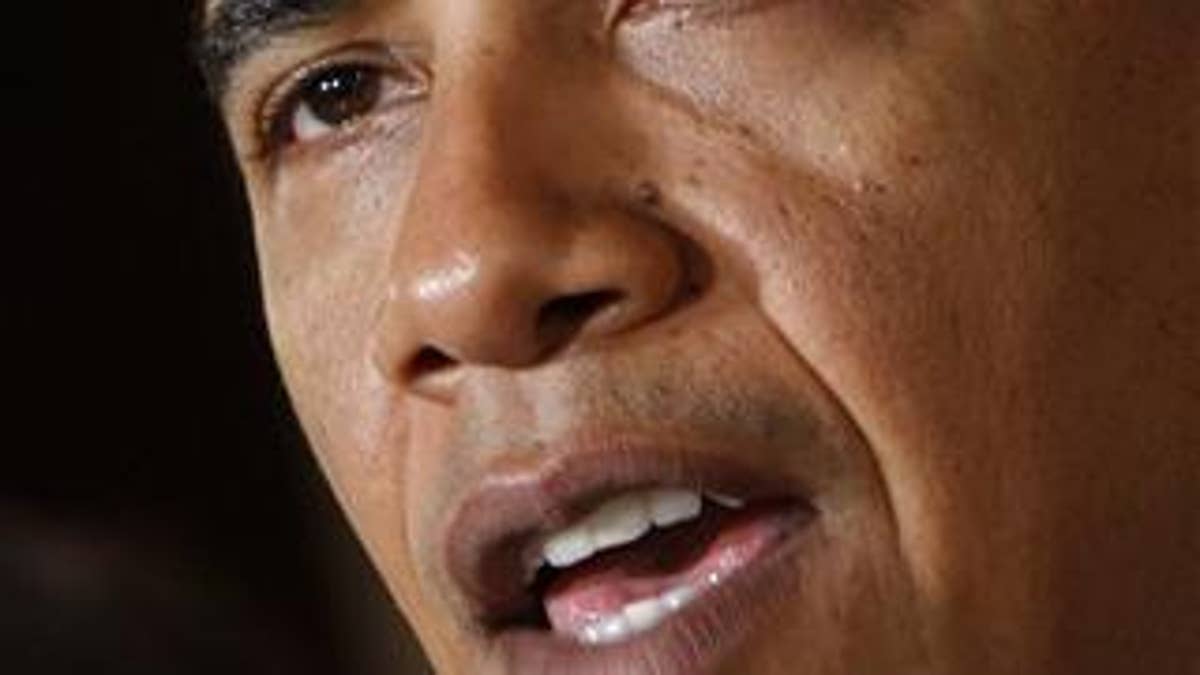
A diversity committee at the Federal Communications Commission is raising the hackles of conservative watchdogs who say its ideological makeup is hardly diverse.
The FCC recently renewed the charter of its 31-member Advisory Committee on Diversity for Communications in the Digital Age, which is set to convene in Washington Thursday.
The committee's mission is to help "enhance the ability of minorities and women to participate in telecommunications and related industries," according to the FCC. In past years the committee has suggested remedies like changing the tax code to help minorities purchase radio and television stations.
But conservatives say the committee is one-sided and made up primarily of liberal activists who have something more than diversity in mind.
"The idea that we should have a diversity of ownership implies that we would have a diversity of people on the committee," said radio host Roger Hedgecock, founder of the Free Radio Coalition.
"The committee is a totally one-dimensional group of activists," said Hedgecock, who worries that the role of the committee will expand under President Obama, particularly when the president's appointments are confirmed and Democrats gain deeper control of the five-member commission that heads the agency.
Leaders from groups like the National Urban League, the Asian American Justice Center and One World Economy sit on the committee, which lacks representatives from groups with a conservative political bent.
But longtime members of the committee say it is simply composed of people who have expressed an interest in expanding the role of minorities in the media -- including some of the nation's largest corporations.
Representatives from telecom companies like Verizon, AT&T Mobile, Virgin Mobile and Qwest, and television companies like ABC and Showtime have been appointed in this term to the group, which was established in 2003 when Republicans controlled the FCC.
"The membership is not substantially different than the membership that was composed under the Republican FCC," said member Andrew Schwartzman, who is president and CEO of the Media Access Project.
"This committee operated without any controversy under Republican FCC and I don't expect it to operate under any controversy under Democratic FCC," said Schwartzman, who noted that there was no political litmus test for anyone to be appointed a member.
But conservatives worry that with the backing of a Democratic president and FCC, the committee will be able to mandate more minority ownership and involvement in the media.
"Why is it the government's job to do a bean count on who owns what? I would think the only color that matters in business is green," said Seton Motley, director of communications for the Media Research Center.
Motley and others see a back-door campaign to revive the so-called Fairness Doctrine, which mandated equal time for opposing viewpoints during radio and television broadcasts, and whose demise in 1987 led to the explosion of conservative radio networks and programming.
"The left has reached the conclusion that the political price to pay for reinstating the Fairness Doctrine is too high, so now they're looking at these new means," Motley told FOXNews.com.
It's a charge that has been picked up widely on conservative blogs -- which have warned that it would effectively censor conservative radio -- and one that has bewildered members of the committee.
"I don't know anybody on the committee who does support the Fairness Doctrine," said David Honig, executive director of the Minority Media Telecommunications Council.
The current chairman of the committee, Henry Rivera, has been singled out for his past support of the measure when he was a commissioner of the FCC from 1981-1985. The doctrine died in 1987, only after Rivera left the FCC.
But Rivera, who declined to comment, has been a member of the diversity committee since its inception in 2003 and was appointed its chairman by Republicans in 2006. It is unclear whether he maintains support for the doctrine or would support moves to revive it.
Committee members said they would never interfere with or even address the content of broadcasts -- and that worries about a new Fairness Doctrine were a "paranoid delusion" on the part of some critics.
"Paranoid delusion. I don't have a better explanation," said Schwartzman.
The FCC's acting chairman, Michael Copps, stressed the importance of confronting what he called the "sad truth ... that the diversity of this great nation is not reflected in the ownership of its media and telecommunications facilities" in an April statement as he announced the new committee.
But members themselves do not expect much to come out of Thursday's meeting, the diversity committee's first under a Democratic administration.

